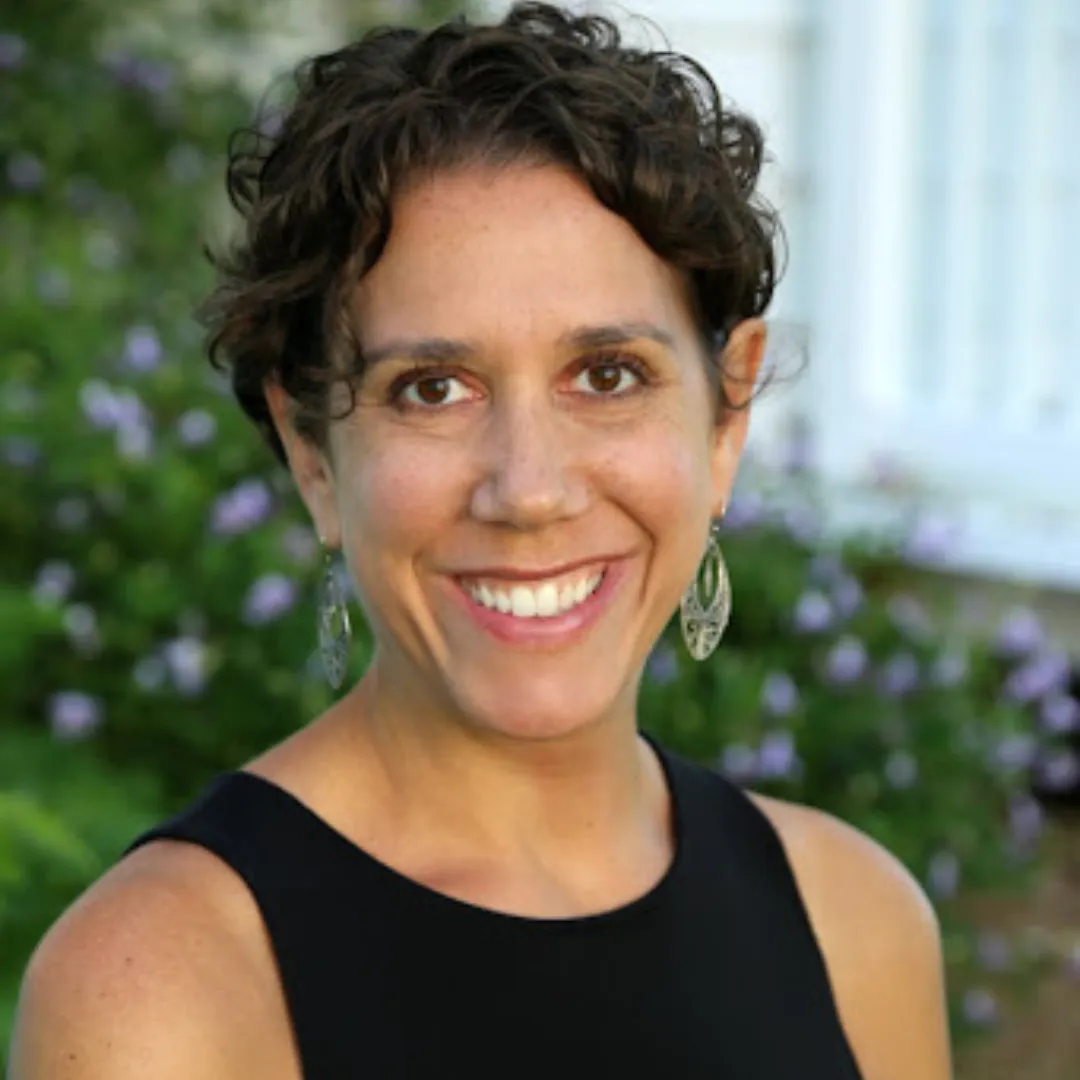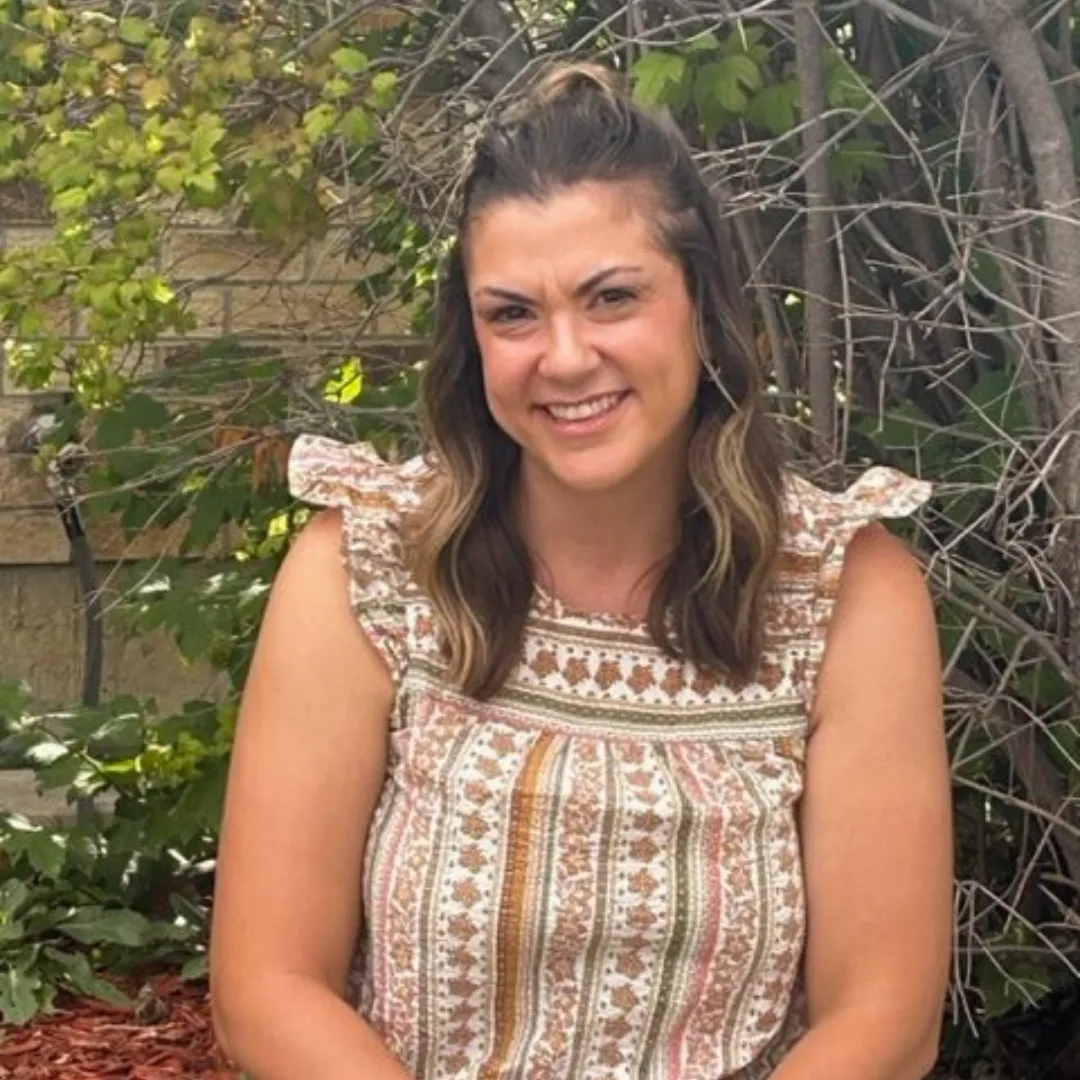Birth Education Workshops
CHOOSE YOUR CLASS AND START TRAINING
HOME / Birth & Postpartum Education Workshops
Virtual Birth Education Workshops
Get Amazing Prenatal Education...
No Matter Where You Are.
I started these LIVE virtual classes to bring the love and support of a doula to more growing families. Though I can't be there with you in person, I'll still be there with you every step of the way.
Each 2-hour class covers a topic from pregnancy and birth planning to postpartum care and thriving with a newborn. At the end, I'll answer any questions you or your support person have.
Most importantly, you'll be able to connect with other parents who are on the same journey and you'll become part of our amazing and supportive community!
Whether you sign up for one class as a refresher or you're newly pregnant and sign up for all three, my goal is to give you the knowledge and confidence to be an empowered parent.

Workshop Schedule
LOOKING FOR BIRTH EDUCATION THAT MEETS YOU WHERE YOU ARE?
Check out our upcoming workshops!
All classes are virtual and from 6:00pm-8:00pm MTN time
Labor &
Birth Prep
2026 Class Dates
Tuesday, March 3
Thursday, April 30
Thursday, June 25
Thursday, Aug 13
Thursday, Oct 1
Thursday, Nov 19
In this one time workshop, we will cover writing your birth preferences (not a birth plan) preparing your body for birth, labor interventions, and support through both unmedicated and medically managed labors.
Comfort & Relaxation
2026 Class Dates
Thursday, Jan 29
Thursday, March 26
Thursday, May 14
Thursday, July 2
Thursday, Aug 27
Tuesday, Oct 13
Thursday, Dec 3
In this onetime workshop, we will cover tools to help you cope and relax during labor. This class includes comfort measures, positions for comofort, breathing techniques, mindfulness and more.
Feeding The Baby
2026 Class Dates
Tuesday, Feb 17
Thursday, April 16
Thursday, June 11
Thursday, July 30
Thursday, Sept 17
Thursday, Nov 5
Tuesday, Dec 15
In this onetime workshop, we will cover best practices for feeding your newborn, addressing expectations and feeding challenges, and advocating for both you and baby in a hospital setting.
Planning The 4th Trimester
2026 Class Dates
Tuesday, Feb 3
Tuesday, April 14
Thursday, May 28
Thursday, July 16
Thursday, Sept 3
Thursday, Oct 29
Tuesday, Dec 8
This one time workshop was designed to help you thrive in the early postpartum days and weeks after your baby is born. I'll cover how to best care for your postpartum body, tips for getting sleep, good nutrition, the transition back to work, childcare, and how to nurture your relationship with your partner.
Not Your First Rodeo (Birth)
2026 Class Dates
Thursday, March 19
Thursday, May 7
Thursday, Aug 6
Tuesday, Oct 20
Thursday, Dec 17
Not your first birth but feel like you could use a refresher? Wondering how this birth will be different from your last birth? Want to know how to prepare siblings for a baby? Then this one time workshop is for you.
Or maybe this is your first birth using a doula? In this class, I will help prepare you for all the things you need to know for a different birth from your first/last.
Sleep:
The Early Days
2026 Class Dates
Monday, Jan 12
Monday, April 13
Monday, July 13
Monday, October 12
Bringing home a new baby and wondering how anyone is supposed to get sleep again? You’re not alone -- and you don’t have to wait until you’re desperate for rest to start building good sleep habits.
In this one-time workshop, taught by our pediatric sleep expert, you’ll learn what’s normal for newborn and infant sleep, how to gently lay the foundation for healthy sleep from the start, and what small routines can make a big difference for the whole family.
Perfect for expectant parents or families in the early weeks who want to feel confident, calm, and a little more rested in the months ahead.
Hear For Yourself How Beneficial Virtual Prenatal Classes Can Be...
Not sure if virtual prenatal classes are the right choice?
Hear what others have to say about taking prenatal education classes online with Julianne and see for yourself.
No matter what form of class you choose, prenatal education has proven to result in shorter labor times and who doesn't want that?!
Save When You Bundle!
Bundle & Save!
Sign up for 3 or more classes and
save on your purchase!
Get Julianne's Exclusive Workbook!
Get the Let's Doula This! workbook Julianne uses with her in-person clients.
Invite a Friend!
Take these classes with a friend. You both save an additional 10%!

Meet Our Doulas

Julianne Curtis
CLD, CCCE, CNPE, CLC, SBD, CAPPA instructor
Julianne has nearly 30 years of experience in nurturing families through pregnancy, birth, and beyond. Founding the Northern Colorado Doula Collective has been her dream. With humor, empathy, and expertise, she supports clients from preconception all the way through parenthood. She also facilitates many of our support groups and is responsible for the birth education we provide. Her specialty is helping parents navigate bereavement and grief after miscarriage and infant loss.

Katie Piccolo
CLD, Hypno-Doula, Hypnobabies Instructor
Katie is one of the founding members of the Northern Colorado Doula Collective. She's a CAPPA Certified Labor Doula and Hypnobabies Childbirth Hypnosis Instructor. Katie channels over 15 years of professional experience into her passion for guiding families through their pregnancy, birth, and postpartum journey. She's committed to providing evidence-based support and respecting each family's unique birth experience.

Chloe McCarthy
CPD
Meet Chloe, a dedicated mom, wife, and postpartum doula from Northern Colorado. Drawing from her own experiences and her work in health education, Chloe offers a nurturing, non-judgmental space, ensuring families thrive with her guidance. Whether it's meal prep, sibling care, or sharing knowledge, she's committed to empowering diverse families to confidently embrace their postpartum chapters.









